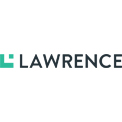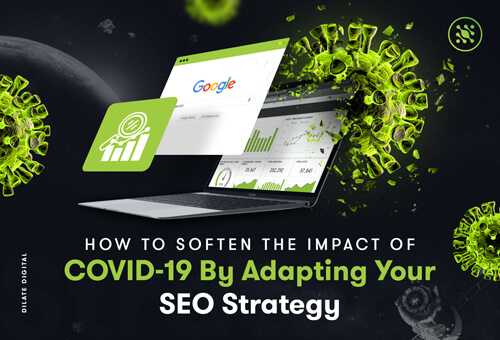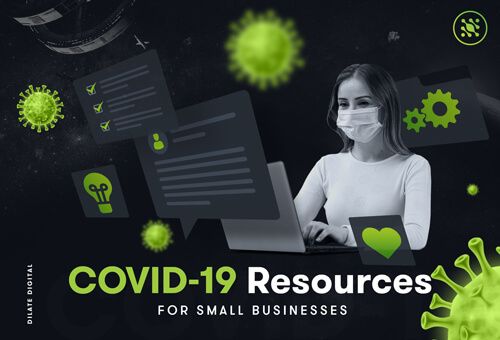What Is Google BERT & What Is It's Impact On SEO Since The Update
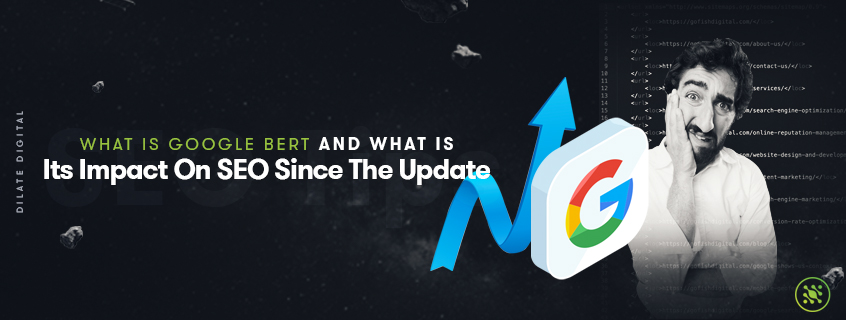
Is it a bird? Is it a plane? No, it's Google's new update!
Have you noticed how intuitive Google's search results have become recently?
No, this isn't because of some outer force in the universe. It's simply the new algorithm that has recently rolled out.
Introducing Google BERT.
It focuses on the users themselves and making them feel more heard than ever before! With a change in Google's focus, it's no wonder that SEO services are adapting to the latest updates and changing the way we do digital marketing.
BERT is popularly known as a Google search algorithm tool. BERT stands for Bidirectional Encoder Representations from Transformers. In a nutshell, this Google update aims to understand your search query by getting to know the context of the words you use in searches and coming up with relevant search results.
BERT is said to improve natural language processing by helping Google to understand the human language used in a query better. This new update takes care of tasks such as part of speech tagging, entity recognition, question-answering, among other natural language processes.
First things first - what is Google BERT?
It all boils down to understanding your visitor's search intent. Taking the initiative in asking basic questions like:
- What does the user want to find out?
- What type of query is made?
Google estimated that the BERT update would affect 10% of all queries. Most queries that have survived the update are "longer and more conversational," which most SEO strategies have to target.
 How does Google BERT affect SEO?
How does Google BERT affect SEO?
The New York Times shared that the google update may have caused a decline in search traffic from the search engine for some websites. However, other business owners and marketers have observed that BERT may not be the reason behind traffic decline and ranking drops. Instead, it may be the choice of targeted keywords and links that lose relevance mostly from the quality of your content.
Since the update, a fluctuation in business's online presence has been felt widely in comparison to the 2012 roll out of the Google Penguin algorithm.
Natural language used in search terms
Fluctuations in website performance charts are just the beginning of what we've seen since the update. Such variations occur because Google has gotten better at understanding the context of queries and words used in the natural language. It's also learning to pick up on excessively used keywords within content, a huge no-no for BERT.
Context of your content
Since BERT, relevance has become a prominent factor in trying to rank better. Websites that have in-depth, easy-to-read, and 'how-to' types of content that are designed to benefit users are going to get the most out of old mate, BERT. This intensifies the integrity of Google's long-running trend in improving its search algorithm to serve conversational search queries better. Businesses that haven't decided on an adaptive content strategy are likely to be the first to fall behind because of the update.
Voice search
Google's end goal for users from the update is to allow anyone to be able to perform detailed search queries using Google voice assistants, similar to how you'd start a conversation with an actual person. Talk about convenient! Voice search is the future and happens to be the most convenient way of searching, which is an upgrade from traditionally typing our query on Google.
International languages
In short, BERT scales conversational search and is starting to consider more voice searches. Besides that, it also affects how we do SEO in general as we begin to foster international connections and incorporating a variety of languages. BERT helps ease international SEO as it picks up relevant results from how it understands the phrases of a variety of human languages, even if it doesn't necessarily comprehend the entire language.
BERT is cautious when understanding the subtle differences in the human language. This makes a massive difference in how Google interprets queries compared to before, as Google is gaining a better understanding of long-form search queries.
 Google BERT & its relationship with Content Marketing
Google BERT & its relationship with Content Marketing
Google just dropped the memo that content has become more relevant than ever before. Hint hint, we should focus our attention on writing content that is relevant and natural to our desired reader.
Since Google now makes it a point to understand natural language better, content writers should be creating work that engages its readers rather than producing content that's primarily serving the bots, to help rank up your website. Google encourages us to serve our visitors better by giving relevant information to the conversational queries they make, and not just to focus on keyword optimisation.
So, should you optimise your content for BERT?
The short answer? Yes, but not too much.
This means that even if you're optimising for BERT, you're probably better off speaking naturally through your content.
For every piece of information that BERT receives and processes, it self-learns in a continuous and unsupervised fashion. A form of unexplainable AI that needs a bit of digging and reading in the field of data science. Google has gotten way better at understanding the context, combination of sentences, and phrases from users' searches.
Therefore, instead of sticking to your old ways when implementing SEO strategies to your content, you should continue to create engaging, informative, and well-structured content. You'll also need to keep your websites extremely user-friendly. Google Bert allows a search to understand the context of the words in your query so that all users can search in a way that should feel natural for you.
How should one optimise for users' search intent?
Besides solely focusing on learning the natural language, Google BERT update also tries to understand the users' search intent. During the BERT training process, the algorithm learns about the user's needs and even predicts them by offering search suggestions.
Now that there's an inevitable shift to mobile use and voice search, people look for fast and contextual answers to their questions. So, what Google shows in the search results page is a list of links that should best fit the search intent and no longer only the exact keyword used to search.
The time will come when Google starts providing much more relatable search results to our queries, without necessarily showing the exact search term we've used. This is highly possible because Google continues to become better and better at determining the reason behind individual searches.
While Google figures out precisely what people are looking for, our SEO standpoint on this is to produce content that should match the search intent of those people.
 What is the difference between Google BERT And RankBrain?
What is the difference between Google BERT And RankBrain?
Let's clarify why the BERT update has not replaced Rankbrain and instead acts as an addition to its natural language processing. Google uses several different algorithms depending on the nature of the search query. So for some search intents, Rankbrain will be used, and for others that need more context, BERT will come into play. Methods are being used all at once to comprehend a search query as BERT takes on more complex and long-tailed questions, while misspelled words are still accompanied by suggestions of the correct term to refine results.
Let's compare...
RankBrain
- Remains a straightforward algorithm in redefining organic search results based on what it sees.
- Natural language processing is at its early phases with Rankbrain
- Looks at past queries and reviews the performance of the search results
BERT
- While Rankbrain seeks to understand the performance of search results from past queries, BERT tries to get the context of those queries. BERT does this by looking at the content that comes before and after a word as a means of coming up with the meaning and relevance of the used word.
- BERT understands the natural use of language.
Why RankBrain still matters for marketers
Our increasing reliance on RankBrain means that we can no longer take shortcuts when creating content aimed at ranking well in search engines. Instead, only the highest quality content will rank competitively over the rest.
With our mate BERT, marketers who are ambitious and dedicated to their search engine rankings need to take off their 'marketing hats' and 'unlearn' what they know about SEO and instead take on the perspective of an average person. Supplying content for the queries people make on the concerns they search about will help business owners and marketers reach success in an AI-driven internet world.
 Google BERT'S impact on websites
Google BERT'S impact on websites
It's fair to say that a fair few websites have been affected by this new update. But let's get real, it's kinda expected. More than a handful of websites saw a lot of movement in their stats when the algorithm first rolled out.
Let's quickly take a look at some of the industries that have reported a lot of movement on their websites...
Yeah, newer site I’m running. Whitehat, lifestyle content. pic.twitter.com/8zDTAqSxR2
— Paul Shapiro - SEO Edition (@fighto) November 10, 2019
Sites that contain affiliated-related content aren't seeing the light after the tunnel during these changes:
Same here for my affiliate site, huge drop in rankings for my main targeted keywords. Never got hit by an update before. All white hat, long, super high quality content! For the main kw, i ve been in the 1st position for + 1 year, now suddenly it dropped to page #4.
— Andra 🏳️🌈 (@AndraMarac) November 11, 2019
Some sites that cover skin care are sharing the same fate as affiliate websites:
I monitor 47 sites
Mental Health Knowledge base & Directory - up 20%
Travel booking - up 14%
Travel booking - up 25%
Recipes - up 12%
B to C eCom - up 20%Tech news - down 20%
Skin care affiliate - down 48%Alternative health - not impacted
Other Recipe sites - not impacted— Alan Bleiweiss (@AlanBleiweiss) November 10, 2019
Again, SEOs and webmasters got in touch, expressing their frustrations about the update's changes being too "aggressive on small affiliate websites":
30% drop for one website in favour of larger generic newspaper/media authority sites. No change in another, less visible website using same tactics. Absolutely no change whatsoever in auto finance niche in the UK. They seem to have been aggressive on small affiliatee websites
— Ronnie Lawson-Jones (@Ronneh_) November 11, 2019
Even familiar finance affiliate websites are losing traffic without any memos about Google penalties:
OK, more impact from the update starting ~11/7. This example is for an affiliate site for a YMYL category. Important note, I've now also seen movement across several health/medical sites. Until now, I've seen most of the movement across sites where the holiday season is important pic.twitter.com/0J6nl0YV9b
— Glenn Gabe (@glenngabe) November 10, 2019
While others are struggling to rise from the fall due to the quality of their backlinks:
 So, is Google BERT aggressive towards affiliate websites and small businesses?
So, is Google BERT aggressive towards affiliate websites and small businesses?
What we've learned so far about the new algorithm update is its pursuit of understanding the natural language and the context of our queries.
This also extends to what is unnatural in the algorithmic rules of Google BERT.
Unfortunately, small businesses often use keywords on their website that primarily focus on feeding the bots, and therefore the content can sometimes lack a user-friendly experience for its readers. Instead, companies need to focus on creating content for the eyes of the readers (their target audience), rather than solely for the bots to scroll and rank them.
Let's chat about a couple of SEO mistakes practiced in a variety of industries, which are commonly found in affiliate websites:
1. When content is more focused on keywords than on providing solutions
A lot of affiliate sites do a great job inserting their keywords into the right areas on their landing pages without ever pausing to think about how their products can actually benefit their consumers. Trust and user engagement happens when relevant information is available to consumers, not just content filled with targeted keywords. Instead, the focus should rather be on providing an insane amount of awesome value to the reader.
2. Failing to produce original content
Too many affiliate sites rely on PPC efforts to rank as a way of compensating for the lack of original content. Google now makes it imperative for us to share helpful and substantial information to easily earn organic backlinks and keep consumers coming back for more details. And remember, high-quality content isn't duplicated from any published content.
3. Ignoring mobile optimisation
Most affiliate landing pages aren't user-friendly on mobile devices, despite Google moving towards mobile-first indexing. This is obviously a massive missed opportunity when it comes to reaching both past and potential consumers on their mobile devices.
4. Still building highly-irrelevant, low-quality or unnatural backlinks
Backlinks generally bring traffic into affiliate sites. However, the irrelevant, low-quality or unnatural backlinks are likely to get you into trouble with Google, considering these as manipulative marketing tactics. In turn, this will do more harm than good to your website. You can use SEO tools to check the quality of your backlinks and discover those links that are devaluing your website.
5. Unnatural links and the harm they do
The latest update caused ranking drops in websites that are built upon strategies that may not favor the new algorithm and its rules. So what could have caused those rankings to drop? We've already touched on a few ways that the new BERT update might have affected your rankings, but now let's take a look at the links you've been building.
There are different types of links you can build all across the internet, which brings traffic to your website. It can be summed up into two kinds: unnatural and organic links.
While organic links seem to be favored more by the algorithm, unnatural links don't share that same treatment. Paid links are deemed harmful to your website.
6. Why unnatural links are harming small businesses
The rankings of websites that got their traffic from unnatural links will generally decrease, having a drastic effect on small businesses that only operate online. Small companies with the wrong SEO approach will fall into Google's pool of trust issues since the search engine is beginning to favor what is natural over the artificial with the notion that these links are created as part of a link scheme.
7. What can small businesses do about unnatural links?
Affected businesses can solve issues they have with some of their links by addressing the unnatural ones from their websites.
The Google Webmaster Guidelines located on the Google support page provides details on how to distinguish what is and isn't profitable for your page's rankings.
In case you've found links that do harm the website, Google advises webmasters to include a "rel=nofollow" attribute on links, even the ones purchased for advertising, so the algorithm doesn't consider these as link schemes.
These can be done with ease once you reach out to a trustworthy professional who is highly experienced in getting rid of unnatural links, as well as applying healthy SEO strategies that are up-to-date with the latest Google changes.
Lastly, the best and preferred strategy for increasing your rankings is to build reputable backlinks. To do this, you can come up with a unique content strategy that continually provides value to your visitors, so they'll decide to share links from your website.
 The SEO Takeaway on Google BERT
The SEO Takeaway on Google BERT
Fail to adapt. Fail to survive. Now more than ever, we need to change the way we approach SEO. What may have worked with Panda, Penguin, and RankBrain may no longer work with Google BERT and all future updates. We've created a blog of our tried-and-true SEO tricks beneficial for businesses that could prove helpful when thinking about your new SEO strategy due to BERT.
As digital marketers, we have greater accountability for content quality:
- The content delivers insane value to the reader
- The content directly answers the user's search intent
- The content is helpful, relevant, and easy for readers to respond to and engage with
- The content has a page title and description that reflects the main idea
- The content has more substance and contains highly trustworthy information
Final thoughts on Google BERT and its impact on SEO
Trying to serve BERT isn't the right way to do SEO, because there's no textbook trick to optimise for it. We've already learned that it exists to help Google better understand the users' search intent and the use of natural language.
If you want your website to keep soaring high in Google's ranking then, you'll need to focus on your user's needs. The upside to this is that we can be less concerned about "writing to serve the bots" and finally concentrate on writing great content for people.
Once you've made the shift, you will be surfing your way through the waves of whatever Google tries to throw at you.
Our Blog

Our team of digital and business experts will guide you to the right direction.
Let's Talk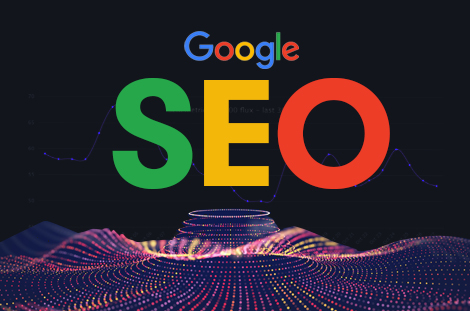 How does Google BERT affect SEO?
How does Google BERT affect SEO? Google BERT & its relationship with Content Marketing
Google BERT & its relationship with Content Marketing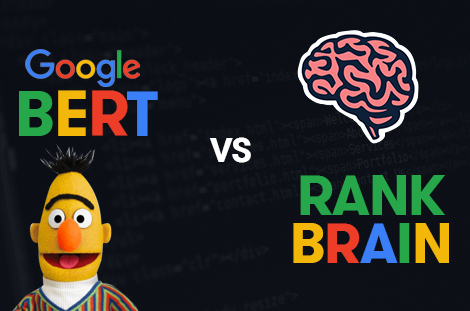 What is the difference between Google BERT And RankBrain?
What is the difference between Google BERT And RankBrain? Google BERT'S impact on websites
Google BERT'S impact on websites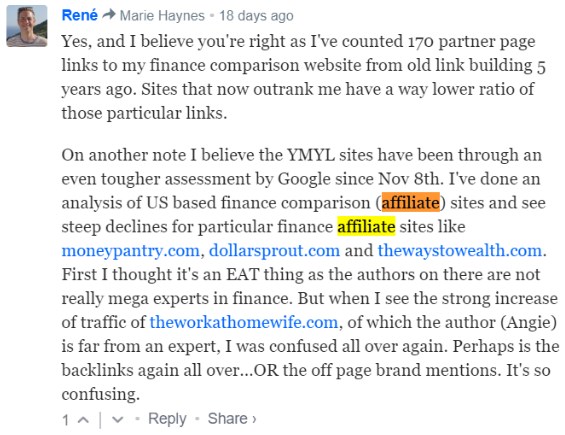
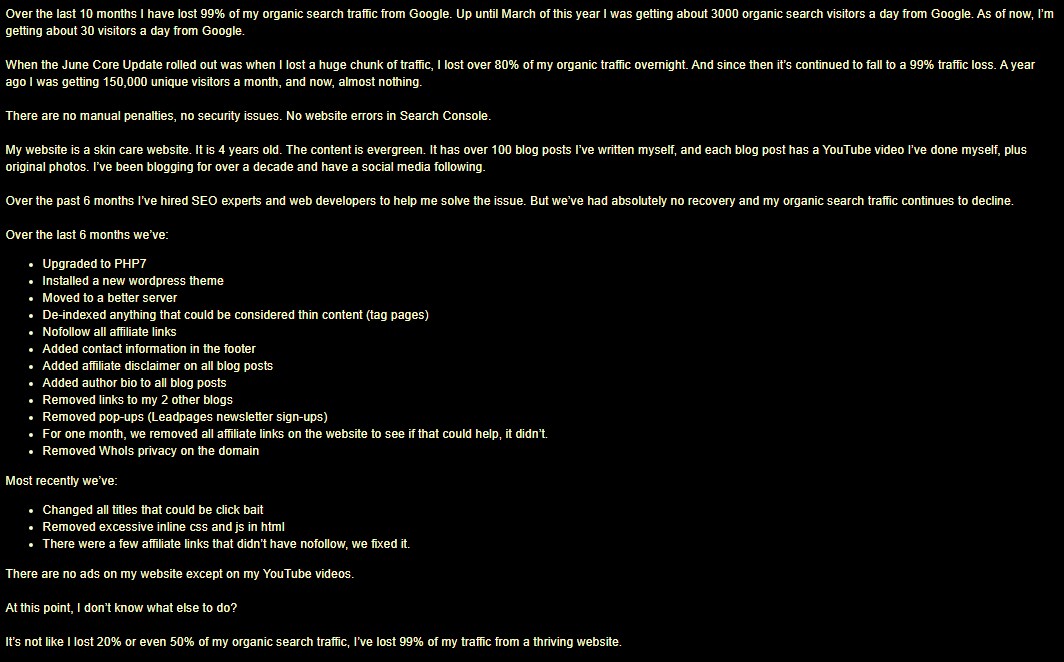
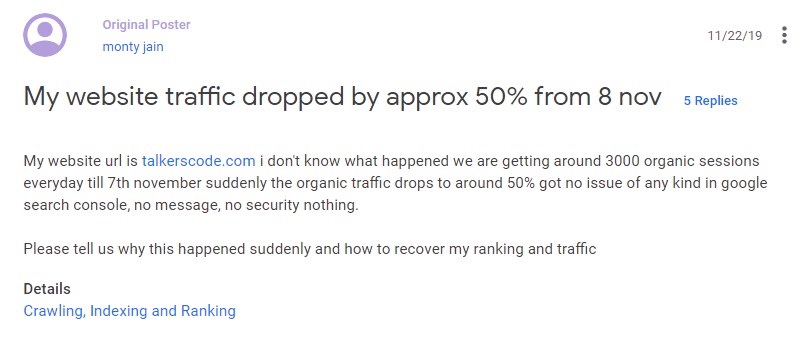
 So, is Google BERT aggressive towards affiliate websites and small businesses?
So, is Google BERT aggressive towards affiliate websites and small businesses? The SEO Takeaway on Google BERT
The SEO Takeaway on Google BERT












